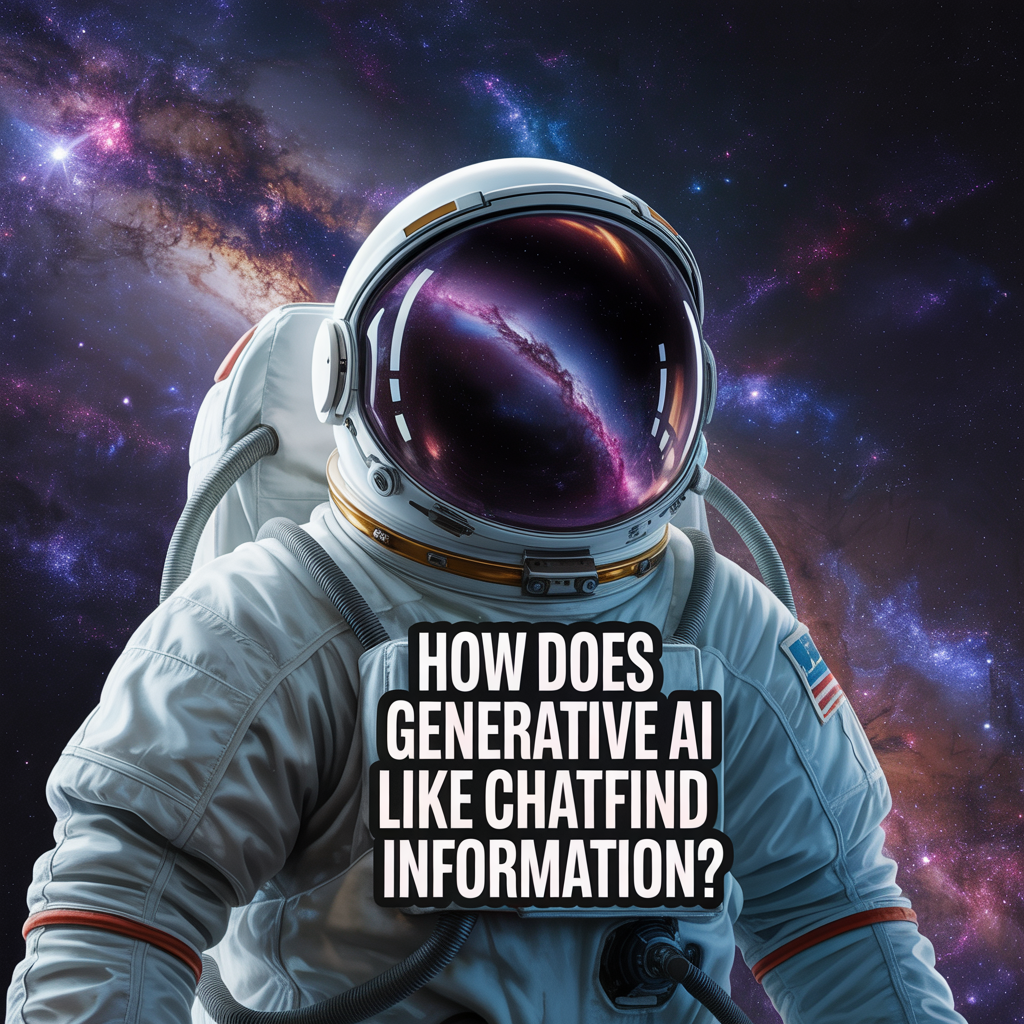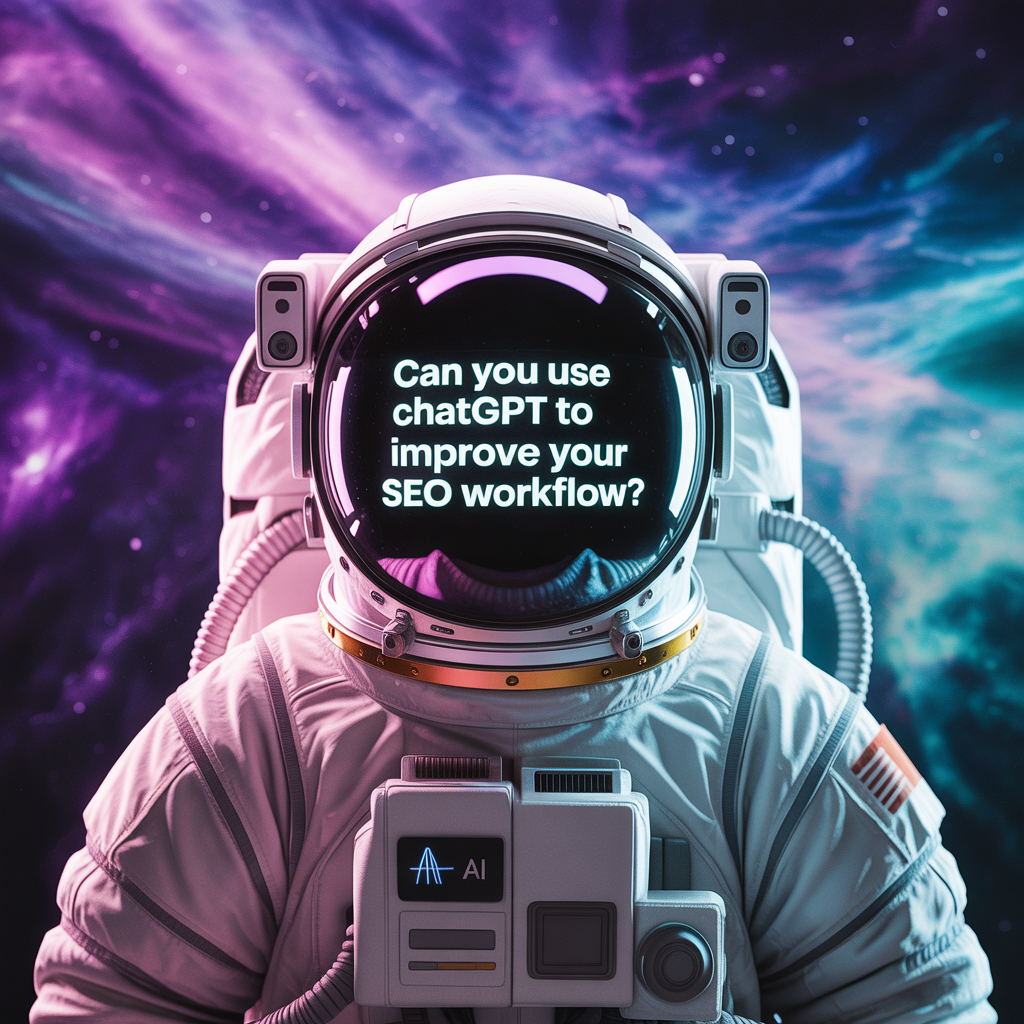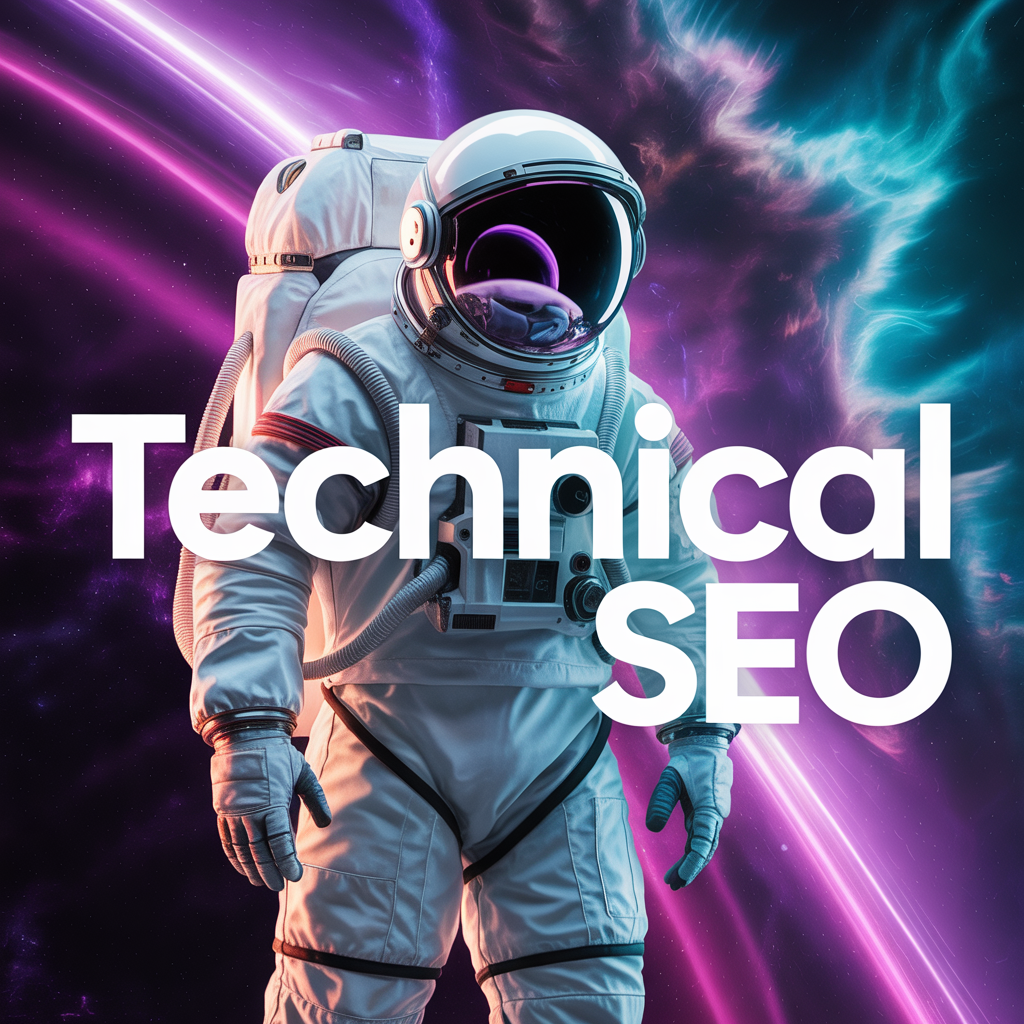How To SEO Your Website For ChatGPT In 2025
AI search is growing. Optimising your website for ChatGPT is now essential for online visibility. This article explains how to structure your content and apply SEO principles so AI tools can find and use your information. You will learn actionable strategies to improve your site's performance in this new AI-driven search landscape. Reading this will help you stay competitive.
What Is SEO for ChatGPT and Why Does It Matter?
SEO for ChatGPT, also known as Generative Engine Optimisation (GEO), is the practice of optimising web content to be found and used by generative AI models. Unlike traditional SEO, which targets a high rank in a list of links, this new SEO approach focuses on having your content featured directly in AI-generated answers. This matters because user behaviour is changing. Millions of people now use an AI chat tool for answers, bypassing traditional search engines like Google and Bing entirely. If your content is not visible to an AI like ChatGPT, you lose a significant and growing source of traffic.
The goal of this optimisation is to make your website an authoritative source for the AI. When a user asks a query, the AI synthesises information from various sources to create a single, comprehensive response. Appearing in these AI-generated results establishes brand authority and credibility. It ensures your business remains visible in an evolving digital world. Business owners who adapt their SEO strategy will have a competitive advantage.
How Does Generative AI Like ChatGPT Find Information?

Generative AI models like ChatGPT are developed using information from three main areas: publicly available internet data, licensed third-party data, and user-provided information. The AI is trained on a massive dataset of text and images from books, articles, and websites. While early versions had data cut-offs, modern versions are increasingly connected to live web data, allowing for more current responses. This process teaches the model to recognise patterns in language, allowing it to generate human-like, conversational responses.
When OpenAI trains its models, its crawlers scour the internet for publicly accessible information. It avoids paywalled content and filters out undesirable material. The AI breaks down content into smaller pieces called tokens to understand context and relationships between words. This is why clear and well-structured content is crucial. The AI is designed to predict the next word in a sequence, building its answers one piece at a time based on the patterns it has learned. Therefore, for your website to be a source, its content, much like the posts on our Bubble Blog, must be easily crawlable and understandable to these AI systems.
What Are the Core Principles of On-Page SEO for AI?
The core principles of on-page SEO for AI build upon traditional methods but with a greater emphasis on clarity and structure. Your content must be easy for an AI model to parse and understand. This starts with using clear and concise language, a key part of our SEO copywriting service. Avoid jargon and focus on creating content that answers user questions directly. The structure of your content is also vital. Using logical headings (H1, H2, H3) and subheadings helps the AI understand the hierarchy and context of your information.
Well-organised text, including bullet points and short paragraphs, increases the likelihood that your content will be cited in an AI answer. Each paragraph should focus on a single, self-contained idea. Furthermore, you should integrate keywords naturally. Instead of keyword stuffing, focus on semantic relevance, using variants and related terms to provide deeper context for the AI. This approach not only helps you optimise for ChatGPT but also improves the user experience for human readers, which remains a key factor for all search engine performance.
How Can Structured Data Improve Your AI Visibility?
Structured data, particularly schema markup, is a powerful tool to improve your visibility in AI-generated search results. It is a standardised format that explicitly tells search engines and AI models what your content is about. By using schema markup, you can label key elements on your page, such as a product, an author, a review, or an FAQ section. This reduces ambiguity and helps the AI interpret your content accurately. Google recommends using the JSON-LD format for structured data.
When AI crawlers can easily understand the context and meaning of your content, your chances of being featured in AI overviews and answers increase significantly. Structured data acts as a bridge, translating your human-readable content into a machine-readable format that AI models prefer. While it is not a direct ranking factor, it is a critical support mechanism that enhances clarity and relevance. Implementing schema for articles, FAQs, and your organisation helps build a foundation for both traditional SEO and the emerging discipline of generative engine optimisation.
Why Is Conversational Content Key for ChatGPT SEO?
Conversational content is key because AI models like ChatGPT are designed to interact in a human-like way. Users often pose questions to ChatGPT using natural, conversational language rather than short keyword phrases. To optimise for this, your content should reflect this style. Writing in a clear, direct, and conversational tone, as we do in our SEO blog writing, makes your information more accessible to both AI crawlers and human readers. This strategy is similar to optimising for voice search, where queries are typically longer and more question-based, often focusing on local search.
Creating content in a question-and-answer format is a highly effective tactic. Use headings that are formatted as direct questions and provide concise answers within the first few sentences. This structure makes it easy for the AI to extract information and use it to construct a response. This approach not only aligns with how generative AI processes information but also helps your content rank for featured snippets in traditional search results on Google and Bing. By anticipating the questions your audience asks, you can create valuable content that performs well across all search platforms.
Can You Use ChatGPT to Improve Your SEO Workflow?

Yes, you can use ChatGPT to significantly improve and speed up your SEO workflow. The AI is an excellent tool for brainstorming and research. You can use a specific prompt to generate lists of seed keywords, long-tail keywords, and topic ideas for your content strategy. The chat tool can also help you cluster keywords by search intent, allowing you to create more targeted and effective content. This automation of initial research saves time and helps you uncover new opportunities.
ChatGPT can also assist with on-page SEO tasks. You can provide a prompt to have the AI write meta titles and descriptions or image alt text. It can help generate outlines for blog posts and even create drafts of entire sections. Furthermore, ChatGPT is useful for technical SEO tasks like generating schema markup code or creating regular expressions (Regex) for Google Search Console. While you should always review and refine the AI's output, it serves as a powerful assistant that can handle repetitive tasks, freeing you up to focus on higher-level strategy.
What is the Role of E-E-A-T in an AI-First World?
E-E-A-T, which stands for Experience, Expertise, Authoritativeness, and Trustworthiness, is more critical than ever in an AI-first search environment. Generative AI models aim to provide reliable and accurate information, so they are designed to prioritise content from sources that demonstrate these qualities. To optimise for ChatGPT, your website must establish itself as a credible authority in its niche. This means creating content that is well-researched, factually accurate, and written by experts who build trust.
You can signal E-E-A-T by including author bios, citing reputable sources, and showcasing real-world experience. Regularly updating your content to ensure it is current also builds trust. As AI systems become more sophisticated, they will get better at identifying signals of authority. Websites with a strong reputation and high-quality, trustworthy content are more likely to be used as a source for AI-generated answers. Focusing on E-E-A-T is a future-proof SEO strategy that benefits both human users and AI engines.
How Do You Create High-Quality, Original Content for AI?
Creating high-quality, original content for AI requires a focus on depth and value. Our SEO copywriting service is built on this principle. AI models are trained on vast amounts of existing data, so they are good at detecting repetitive or low-quality content. Your goal is to provide unique insights and detailed information that is not easily found elsewhere. This means moving beyond simple summaries and creating comprehensive resources that fully address a user's query. In-depth articles that cover a topic from multiple angles are more likely to be seen as valuable by AI.
Originality is key. While AI tools can help with content generation, the final product must have a unique perspective and a human touch. Add original research, case studies, or personal experiences to make your content stand out. Ensure your content is well-written, free of errors, and easy to read. By consistently publishing high-quality, original content, you signal to AI platforms like ChatGPT that your website is a reliable source of information. This helps improve visibility and builds long-term authority.
What Technical SEO Elements Are Critical for AI Crawlers?

Several technical SEO elements are critical for ensuring AI crawlers can access and interpret your website's content effectively. A clean and logical site structure with a clear internal linking strategy is fundamental. It helps AI crawlers understand the relationships between your pages and the overall topical authority of your site. Your website must also be mobile-friendly and load quickly, as performance is a key signal for all search crawlers. Page speed is a priority for AI engines to ensure a good user experience.
A well-configured robots.txt file and an XML sitemap are essential to guide crawlers. Beyond these basics, ensuring your content is rendered in plain HTML is important, as some AI crawlers struggle with JavaScript-heavy sites. This technical foundation ensures there are no barriers preventing AI platforms like ChatGPT from indexing and understanding your content, which is a prerequisite for being featured in its answers.
How Will AI Search Engines Change the Future of SEO?
AI search engines will fundamentally change the future of SEO by shifting the focus from a list of links to direct, synthesised answers. Users will receive comprehensive summaries and conversational responses within the search interface, reducing the need to click through to individual websites. This transformation means that success in SEO will be measured less by ranking and more by citation and inclusion in these AI-generated results. The field is evolving into Generative Engine Optimisation (GEO), where the primary goal is to become a trusted source for AI models.
This shift will require a greater emphasis on creating high-quality, in-depth, and well-structured content. Building brand authority and demonstrating E-E-A-T will be paramount. While traditional SEO principles will not disappear, their application will adapt to this new AI-powered landscape. Business owners and marketers must prepare for a future where their content is consumed and repurposed by AI, making it essential to optimise for clarity, accuracy, and machine readability.
Key Takeaways
- Adapt to AI: Shift your focus from traditional SEO to Generative Engine Optimisation (GEO) to ensure visibility in AI-generated answers.
- Prioritise Clarity: Create clear, concise, and well-structured content with logical headings and short paragraphs so AI can easily parse it.
- Use Structured Data: Implement schema markup to explicitly define your content for AI models, improving their ability to understand and cite your information.
- Write Conversationally: Create content that answers questions directly and uses natural language to align with how users interact with ChatGPT.
- Build Authority: Focus on E-E-A-T (Experience, Expertise, Authoritativeness, Trustworthiness) to establish your site as a credible source for AI.
- Ensure Technical Health: Maintain a technically sound website with fast load times, a clean structure, and mobile-friendliness to allow easy access for AI crawlers.
- Create Original Content: Produce in-depth, original content with unique insights to stand out from the vast amount of data AI is trained on.
- Leverage AI Tools: Use ChatGPT as an assistant to streamline your SEO workflow, from keyword research to content creation, but always with human oversight.







